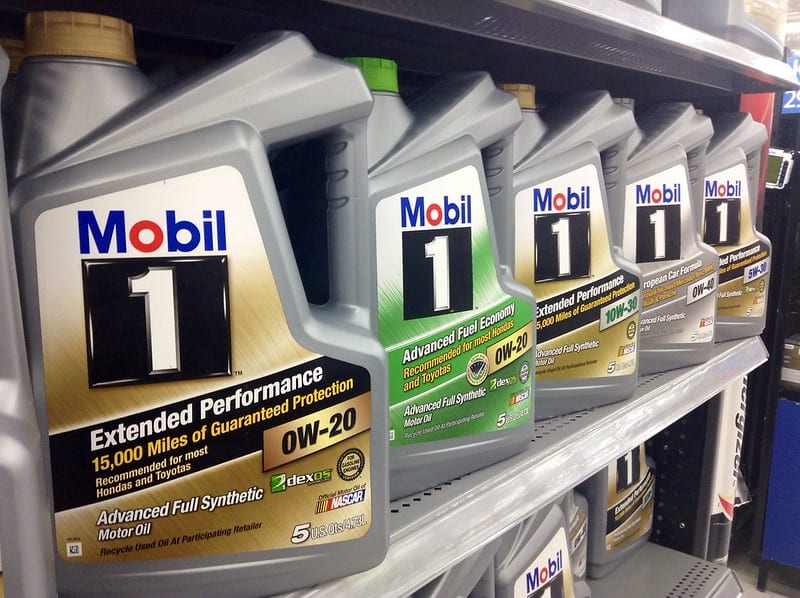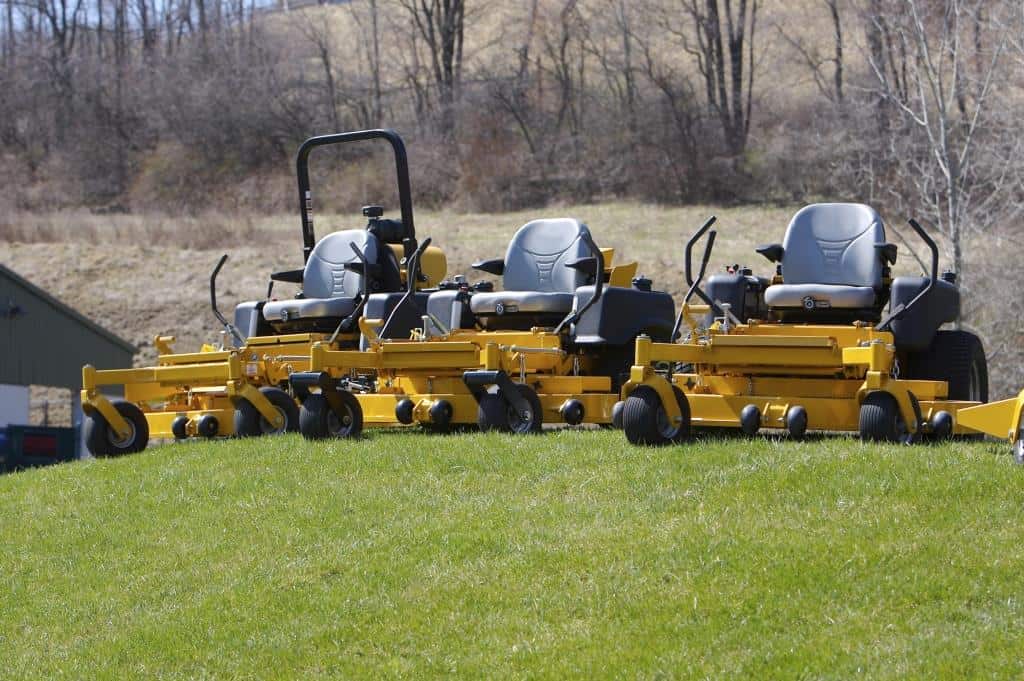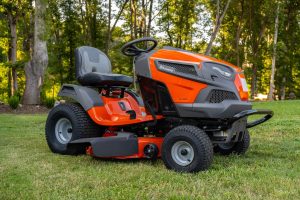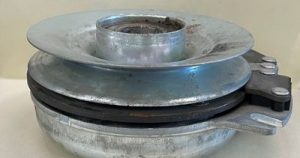How To Change Hydraulic Fluid In Zero Turn Mower
Like your beloved car parked in the garage, your zero turn engine also needs just as much care and maintenance. And one of the important ways of caring for your engine is by regularly changing the hydraulic fluid. To help you out, here’s a simple guide on how to change hydraulic fluid in zero turn mower.
Table of Contents
How often should you change the hydraulic fluid?
Depending on what brand and model mower you’re using, you should always check your manual. Some have the instructions already on the oil tank.
Normally, you would have to change your oil after every 500 hours of use. However, after every 200 service hours, you should check your oil and top it up when needed.
Usually, when you buy a brand new zero turn mower with Hydro-gear hydrostatic transmission, you need to service your mower after the first 75 hours. You’re technically running the mower using all the factory settings, hence, you need to make sure that it continues to run efficiently from then on.
What Oil Should You Use?

Most zero-turn mower manufacturers recommend a synthetic to full synthetic motor oil. A ZTR mower has a small engine so it heats up faster, and synthetic motor oil takes more time to get hot compared to mineral oil.
All mowers come with a recommendation on what type of oil to use, but as a rule of thumb, they would require you to get a 15W50 synthetic oil. Some engines accommodate mineral-based motor oils like 15W40 or 20W50.
What do you need to change oil in a zero-turn mower?
Unlike changing the oil in a vehicle, you need a couple of things in replacing oil in your lawn mower.
- Jack
- Jack stand (view on Amazon)
- Wrench (filter cap wrench, socket wrench, adjustable wrench, or it depends on the size of your oil tank plug)
- Gloves
- Oil pan
- Motor oil
- Disposable cloth or wipe
- Filter
- Funnel
How to change hydraulic fluid in zero turn mower?

Although there are different brands and models of zero turn mowers, the process is almost practically the same.
Before changing the oil of your mower
- Turn your mower on and let it idle for at least 5 minutes to get your oil running.
- Make sure your mower is on a level surface
- Turn off your engine
- Lift the seat to gain access to your oil tank
- Locate your oil drain plug at the bottom of your mower, it can either be on the underbelly at the center or somewhere closer to the side. Depending on the location, either you use a forward jack and jack up your mower or your hand to simply reach in and undo it yourself.
Draining the oil
- Place an oil pan under your oil tank’s drain.
- Unscrew the plug and let the oil flow out, reach on top of your oil tank, and open your oil tank. This way, the oil will smoothly and quickly flow out onto your oil pan rather than letting it glug and spatter.
Changing the filter
- Some mowers have the filter as the drain plug and can be found on the underbelly of your mower, some filters are found separately near the drain plug or at the side of your oil tank. Unscrew your filter after the oil has completely drained out of your tank.
- Get your new filter, if it is found at the bottom of your mower, it’s recommended to fill it up with new motor oil. If not, go straight to rubbing the sides of your filter gasket with motor oil. This will give your filter a snugger fit on your tank.
PRO TIP: Label your filter by adding the date on when you changed your filter as a guide on when to change your filter next.
Filling up the tank
- Screw the oil plug back on after wiping it down completely. Make sure that you just screw it back on snugly and not too tight or you will have trouble taking it out the next time you will change your hydraulic fluid.
- Put the funnel into the tank’s opening and start filling up your tank. Make sure you do it slowly to prevent air bubbles from filling up your tank. Some manufacturers recommend that you only fill it up three quarters to give space for the oil to expand when it gets heated up.
- Wipe off any oil spills and screw the cap back on.
Purging the air from your oil tank
You need to purge your tank of air. To do this turn your engine on and let it idle for around 30 minutes. You can let it run while still on the jack stands to allow your wheels to rotate freely.







